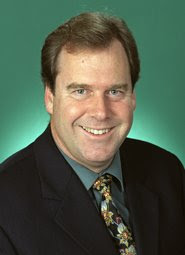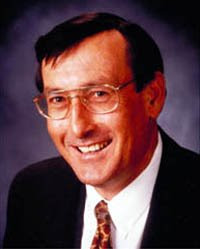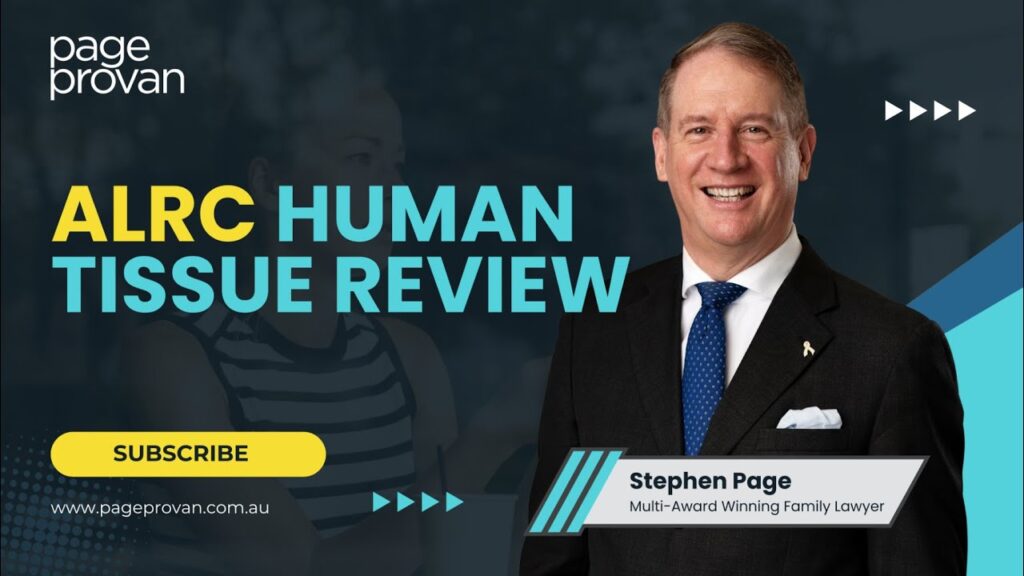De Facto Property Laws Now on the Way
 Robert McClelland
Robert McClelland
Confirming the prediction of recent reports, Commonwealth Attorney-General Robert McClelland has now introduced changes to the Family Law Act to enable property disputes between de facto partners to be dealt with under the Family Law Act and heard in the Family Court or the Federal Magistrates Court.
Robert McClelland describes these changes as landmark, and that is truly the case.
Assuming that they are passed by the Senate, the changes will come into force on a date to be fixed, will apply to both heterosexual and homosexual relationships, but will only apply to de facto relationships (so that some other relationships such as those between carers which may be covered under ACT legislation, for example)that have broken down after the legislation has passed.
The significance of the changes is profound:
– by going to the Family Court of Australia, or the Federal Magistrates Court, people in dispute will be before specialist courts who deal with family law disputes day in, day out, as opposed to the State courts, which deal with this type of dispute relatively rarely
– it is likely that the results for de facto relationships will mirror those for married couples, as opposed to some State systems, such as Queensland and NSW where it appears that economic contributions weigh more heavily than non-economic contributions, meaning that like for like some people end up with less in the State courts than they would have in the Family or Federal Magistrates Courts
– there are to be mirror provisions for binding financial agreements for de facto couples, as there are now for married couples
– costs and confusion is likely to be less, with parties possibly in 2 courts instead of 3. If de facto partners now have a fight about children, property and domestic violence, they may have a fight in 3 courts- children in the Family or Federal Magistrates Courts, property in State courts, and domestic violence proceedings in the state Magistrates or Local Courts. Now children and property proceedings may be able to be run at the same time in the same court- causing a considerable saving of cost and time and reducing confusion.
– super splitting will be able to apply to de facto couples, which can only happen rarely with de facto couples currently
– spousal maintenance will be able to be paid. Currently in some jurisdictions, eg Queensland, there is no basis for spousal maintenance.
However there is a big IF. The Bill requires the co-operation of the States to agree to refer powers. South Australia and Western Australia pointedly refused to do so, it seems primarily because the Howard government refused to include same sex couples in the changes. There are tricky parts of the Bill depending on whether or not a person comes from a participating jurisdiction.
This is what Robert McClelland had to say:
The Rudd Government has today introduced landmark legislation to allow for de facto couples to access the federal family law courts on property and maintenance matters. This implements a 2002 agreement between the Commonwealth, States and Territories at the Standing Committee of Attorneys-General.
“These reforms are long overdue. They will provide greater protection for separating de facto couples and simplify the laws that apply,” Attorney‑General Robert McClelland said.
Mr McClelland said, “Currently, de facto couples can access the federal family law courts for child-related proceedings but must go to State and Territory courts for property and maintenance matters. This duplication wastes time and money and places an unnecessary administrative and financial burden on de facto couples. Moreover, existing State and Territory laws on property and maintenance matters for de facto couples are inconsistent across Australia, meaning couples in different States and Territories have different rights”.
The amendments will apply to de facto relationships that break down after the amendments commence in the States that have referred power to the Commonwealth and in the Territories.
Mr McClelland said, “This honours a commitment in the Government’s National Platform to ensure that family law applies in a consistent and uniform way to de facto relationships. Consistent with the Government’s policy, the legislation will not discriminate between opposite-sex and same-sex de facto couples. Nothing in the legislation will alter marriage laws.”
“Separating de facto couples and their children have waited for six years for the Commonwealth to act. The Rudd Government has delivered this significant reform.”
Queensland Attorney-General Kerry Shine welcomes the changes:
Attorney-General and Minister for Justice Kerry Shine has welcomed the Rudd Government’s introduction of landmark legislation into federal Parliament which will allow de facto couples, including same sex couples, access to family law courts on property and maintenance matters.
“I know that Queensland de facto couples have been waiting a long time for the introduction of this legislation and I congratulate the Rudd Government on its move,” Mr Shine said.
“At the moment in Queensland de facto couples who separate must access two different jurisdictions with disputes about property dealt with in the Queensland courts and disputes about children dealt with in the Federal family courts.”
Mr Shine said in 2003 Queensland referred to the Commonwealth the power to divide property in relation to same-sex and heterosexual de facto couples, however the Howard Government would not accept the referral in relation to same-sex couples.
“The previous Governmen t’s decision not to accept Queensland’s referral effectively denied those who had been involved in same-sex de facto relationships the opportunity to seek spousal maintenance and to have matters relating to children and property heard at the same time by one court.
“They were also denied the opportunity to seek binding orders in relation to the division of superannuation or access to the substantial service infrastructure, including mediation, supporting the Commonwealth family law jurisdiction.
“The Rudd Government has corrected that decision by stating the legislation introduced today will not discriminate between opposite-sex and same-sex de facto couples.”
Mr Shine said if the legislation is passed it will have a major impact on court proceedings in Queensland.
“If de facto couples can have their property disputes heard in the Family Court this will significantly reduce the number of civil hearings heard in Queensland’s courts, which will take further pressure off our system,” he said.
“It will also benefit families who will not have to engage legal representation for two different court hearings.”
Stephen Page, Harrington Family Lawyers, Brisbane spage@harringtonfamilylawyers.com 61(7) 3221 9544
 Kerry Shine
Kerry Shine











